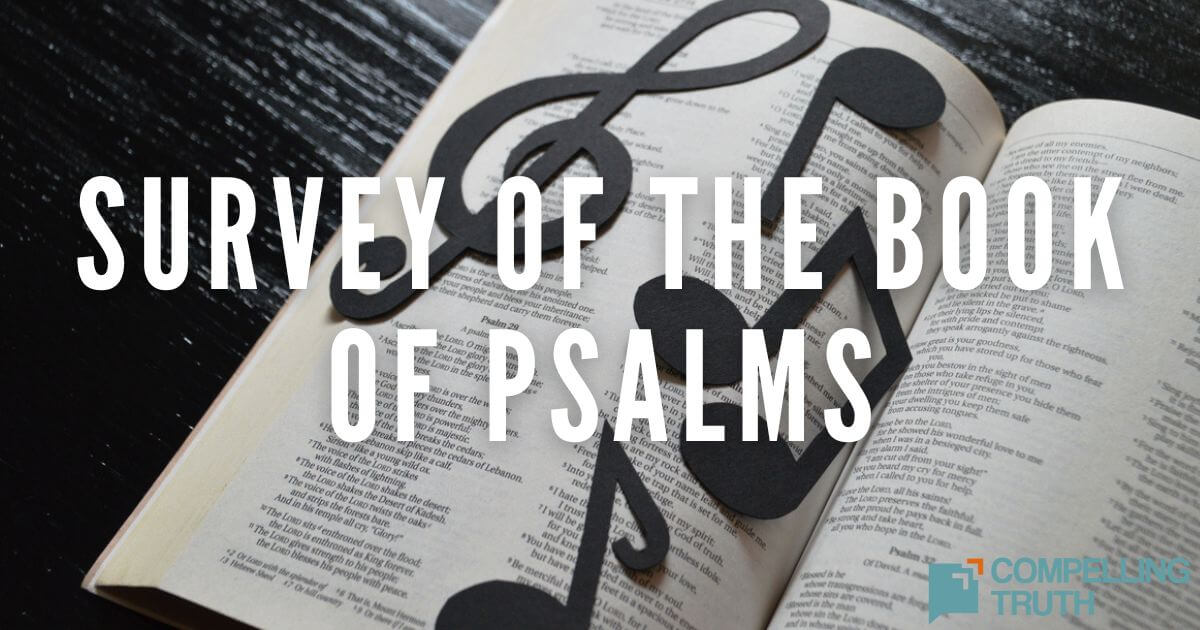what does the bible say?
Doeg the Edomite’s story is recorded in 1 Samuel 21—22. Doeg the Edomite, chief of King Saul's shepherds, betrayed David when there was conflict between Saul and David. David, fleeing from Saul, sought provisions from the priest Ahimelech in Nob, where Doeg witnessed the exchange. Doeg later informed Saul of this, leading to the massacre of Ahimelech and the priests of Nob. David, upon hearing of Doeg's betrayal, responded by composing Psalm 52, expressing trust in God's justice. Doeg's actions led to the slaughter of many innocent lives and the survival of only one witness, Abiathar, who sought refuge with David. David trusted in God to take care of Doeg, and God did just that because Doeg the Edomite is not mentioned again in Scripture.




